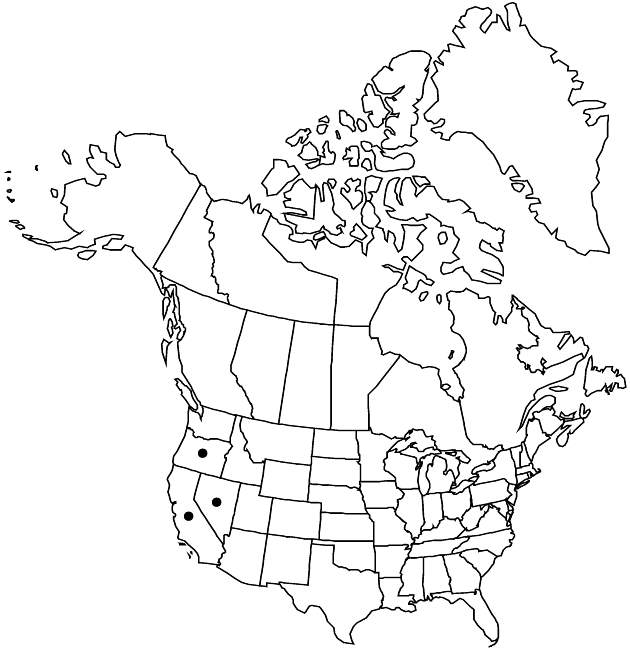Difference between revisions of "Senecio integerrimus var. major"
Aliso 4: 100. 1958.
Endemic
Basionym: Senecio eurycephalus var. major A. Gray in War Department [U.S.], Pacif. Railr. Rep. 4(5): 111. 1857
Synonyms: Senecio lugens var. megacephalus Jepson Senecio mendocinensis A. Gray Senecio whippleanus A. Gray
imported>Volume Importer |
imported>Volume Importer |
||
| Line 68: | Line 68: | ||
|publication year=1958 | |publication year=1958 | ||
|special status=Endemic | |special status=Endemic | ||
| − | |source xml=https:// | + | |source xml=https://bitbucket.org/aafc-mbb/fna-data-curation/src/2e0870ddd59836b60bcf96646a41e87ea5a5943a/coarse_grained_fna_xml/V19-20-21/V20_1234.xml |
|tribe=Asteraceae tribe Senecioneae | |tribe=Asteraceae tribe Senecioneae | ||
|genus=Senecio | |genus=Senecio | ||
Latest revision as of 19:59, 5 November 2020
Herbage usually copiously arachnose, tomentose, or villous at flowering. Leaves: basal and proximal cauline distinctly petiolate; blades (cauline) usually lanceolate to oblanceolate. Heads 6–12(–30+). Phyllaries linear-subulate, 8–12 mm, tips usually green, minutely, if at all, black. Ray florets usually 5; corollas yellow, laminae mostly 5–8 mm.
Phenology: Flowering spring.
Habitat: Openings in coniferous woodlands and woodland-sagebrush associations
Elevation: 100–3600 m
Distribution

Calif., Nev., Oreg.
Discussion
Variety major is most frequent in the Sierra Nevada, especially on the western slope; eastward, it passes into var. exaltatus.
Selected References
None.
Lower Taxa
None.